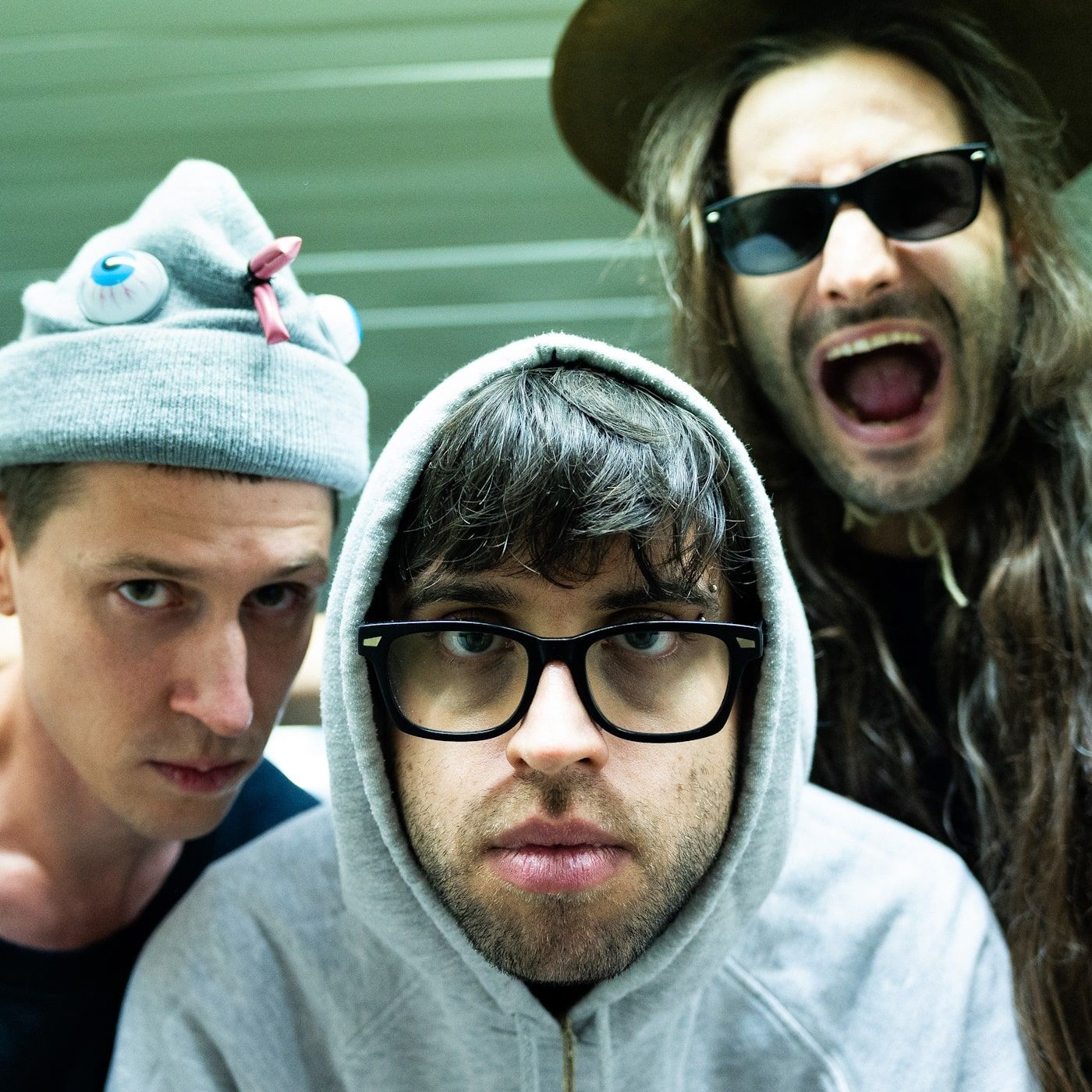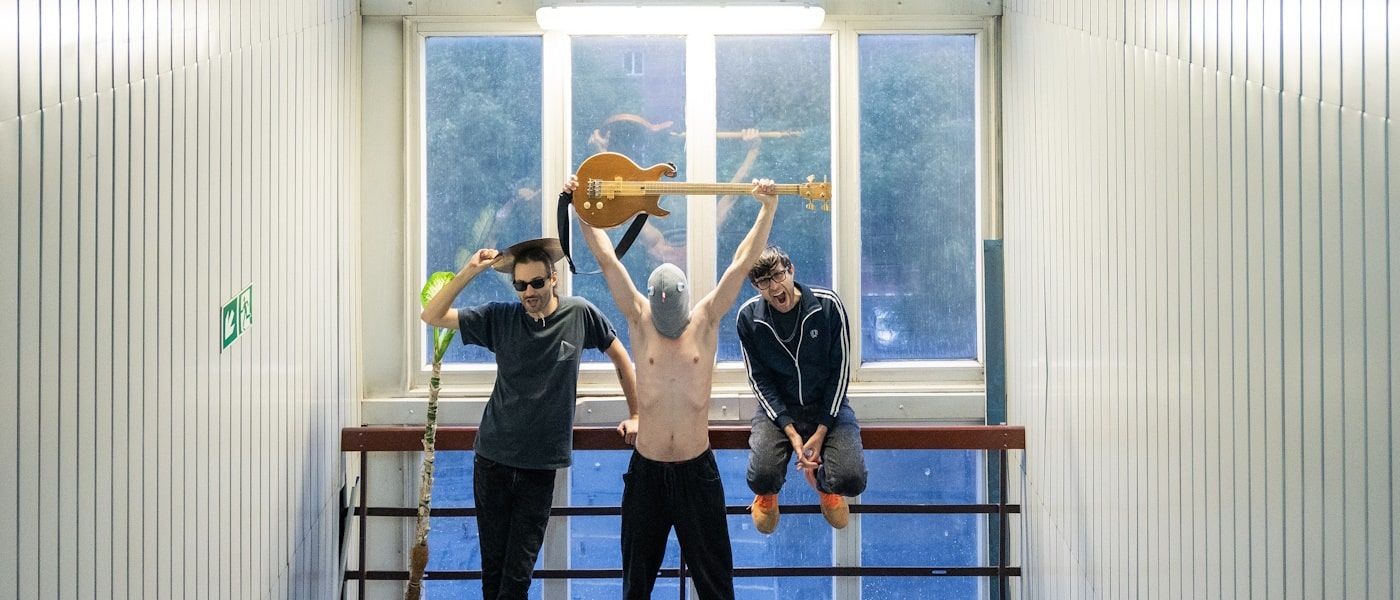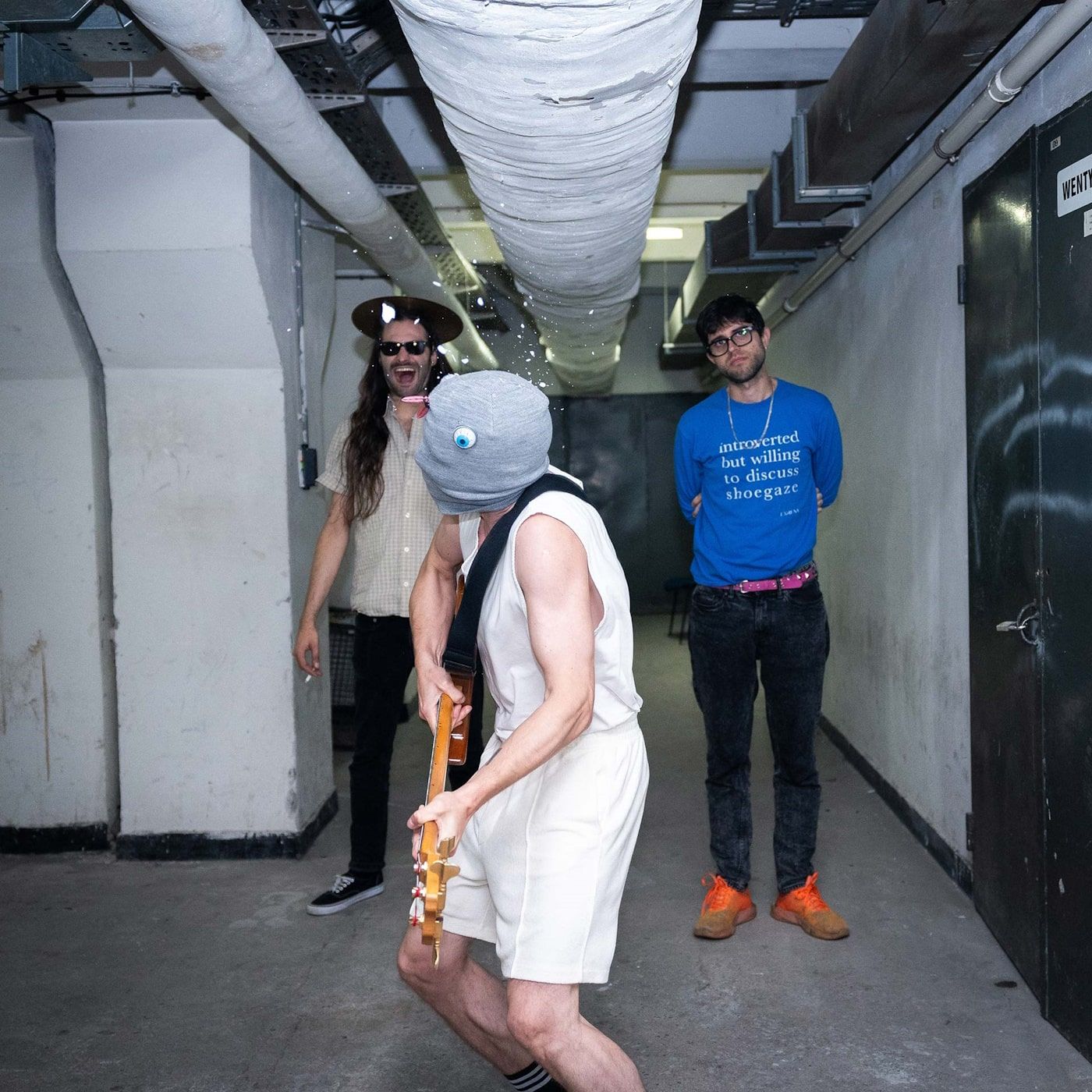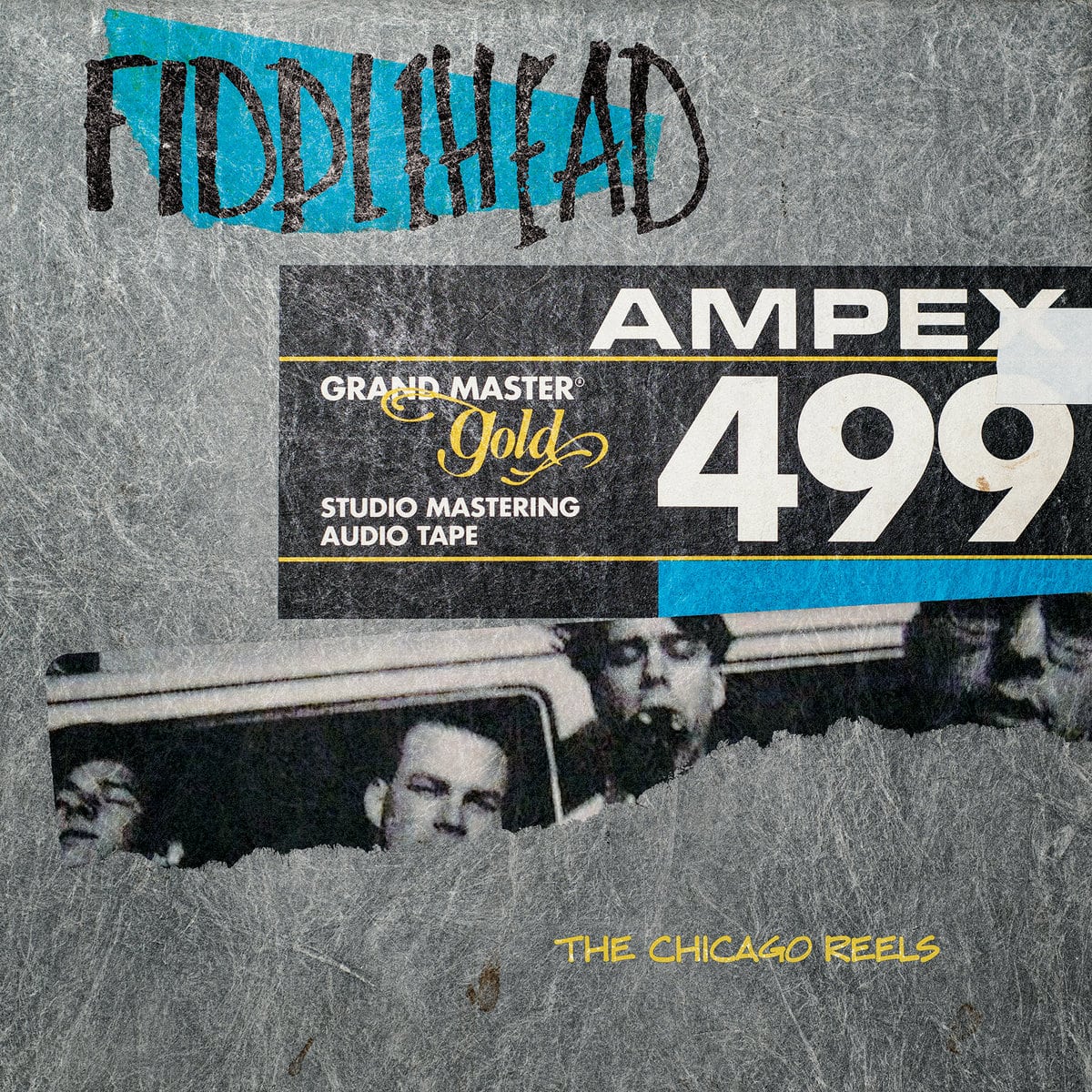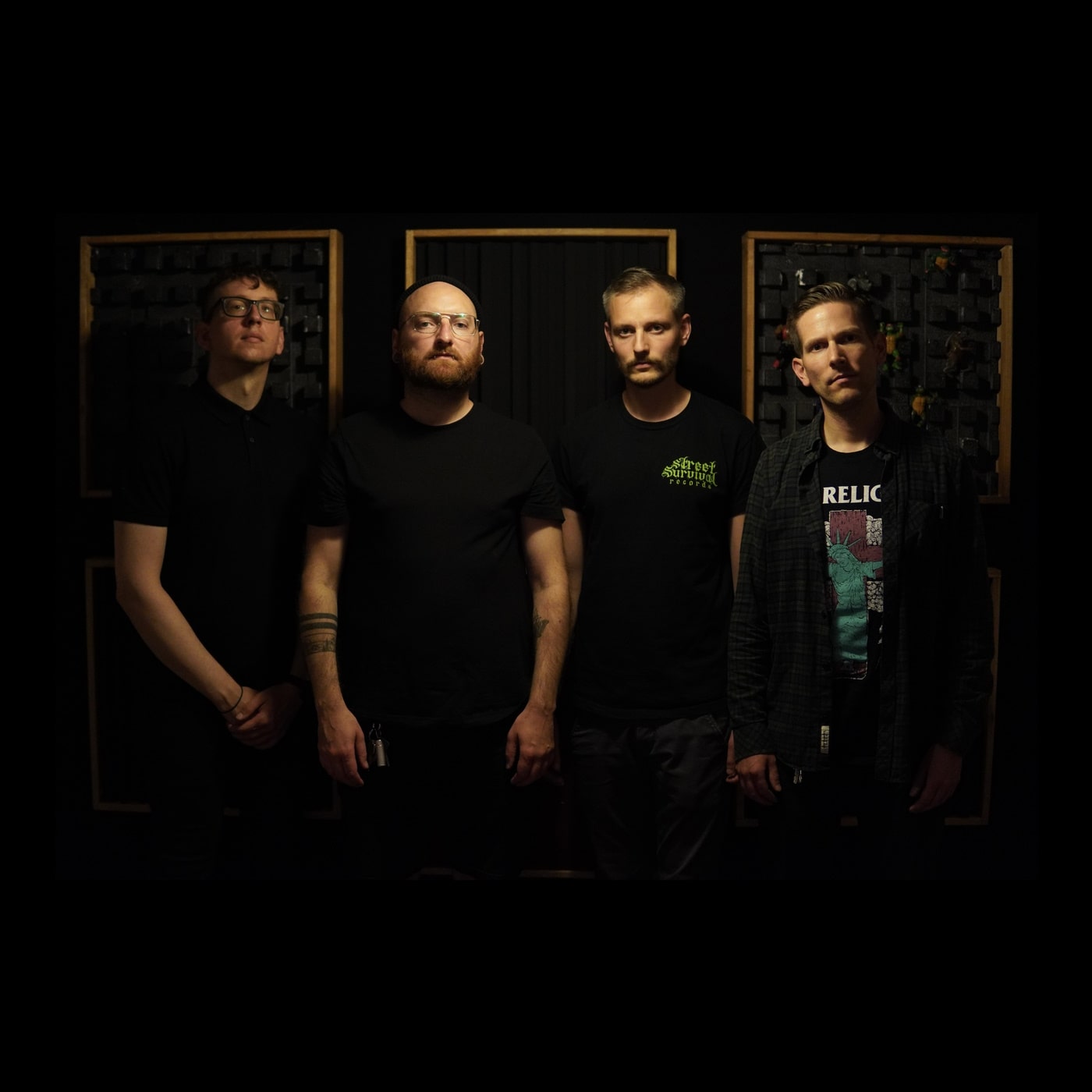With its blend of garage, punk, and a hint of stoner stimulants, Hanxiety offers a raw and unfiltered glimpse into the heart of alternative, gritty punk. The core of this band, known as Naked Pigeon and Hi-Head Hat, have been musically intertwined since 2009.
Their early days saw them dabbling in diverse influences, with Pigeon striving to echo the guitar virtuosity of Jimmy Page and Hi-Head delving into the world of sampling, aspiring to be a post-soviet J Dilla. This partnership initially took form in a project named ‘On Saturdays’, a band that, while short-lived, laid the groundwork for their future roles as bassist and drummer, respectively.
Their journey is marked by perseverance and transformation. The duo, navigating through personal challenges and geographical distances, discovered their sound organically through jam sessions. These sessions, initially casual and unstructured, gradually morphed into something more substantial. The music they created was not just an outlet but a reflection of their experiences—sludgy, dark, and groovy. It became a form of emotional catharsis, channeling their inner turmoil into a creative force.
The pandemic of 2020, while halting physical collaboration, opened new avenues of creativity. The duo started exchanging musical ideas digitally, leading to the genesis of their EP. This period saw them finalize four tracks, each embodying their unique sound. Their approach to music-making, characterized by a do-it-yourself ethic, resonates in the raw and gritty texture of their songs.
The band’s narrative takes an interesting turn with the addition of Screaming Emo, a multifaceted artist who initially declined joining but later became an integral part of the band. Emo’s entry was almost serendipitous, sparked by a casual meeting and a shared love for music. His contribution to the vocals brought a new dimension to the band’s sound, adding depth and complexity to the already rich instrumental tracks.
The lyrics of their songs, penned by Emo, are as reflective as they are provocative. Tackling themes like violence, self-compassion, and social criticism, Emo’s writing style is unapologetically honest and raw. His decision to minimize self-censorship in his writing adds a layer of authenticity and vulnerability to the band’s music.
The band has prepared this interview in the form of an engaging narrative, and considering that each member of the band has a comically unique nickname, the entire story turns out to be quite an interesting tale. Read up below.
How did you meet, what was your acquaintance like, how did it all start?
Naked Pigeon and Hi-Head Hat have known each other since 2009. From the very beginning they made music together. At the time Pigeon was training hard on his guitar to be the next Jimmy Page and Hi-Head was more into sampling, trying to be a post-soviet version of J Dilla.
That was until they started a project called ‘On Saturdays’ that never yielded any records, but landed them for the first time in their respective roles as a bassist and drummer.
Fun fact: the owner of Wieloślad studio, a go-to recording house for many Peleton Records bands, was a leader and guitarist in ‘on Saturdays’.
How did you operate until 2020? Where did the idea for such music come from? Can you describe the compositional process? Could you share some insights about the rehearsals?
Needless to say, the quality of that rhythm section didn’t carry the band for too long. Shortly after the project disbanded Pigeon left Warsaw for the Netherlands and stayed there ten long years. But everytime he would visit hometown, he’d meet up with Hi-Head for a catch-up accompanied by a beer and a jam session. Those weren’t the best of times, neither for Pigeon or Hi-Head. Gradually, they realized that those jams were shaping up into something: sludgy, fuzzy, dark, damp, groovy—and perhaps unique—that reflected their state of mind.
They decided to pursue that direction more consciously and deliberately. Sludge was high on the agenda as a go-to, cheer-me-up background music for a morning coffee. And making music became an exercise in emotional regulation: a channel to depressurize canned-up dark things. Drums and bass were enough: they put the latter through three amps and two octave pedals and felt like an orchestra.
Then the pandemic came and Pigeon couldn’t visit for a while. So he instead started sending snippets of songs on bass, to which Hi-Head responded with his drumming and arrangement ideas. That was the beginning of the EP. In September 2020, when travel was finally possible again, they quickly put together demo versions of four tracks: Nie chodzę do wróżek (I Don’t go to Fortune Tellers), Festyn (Festivities), Cześć (Hi) and Liderzy Opinii (Opinion Leaders). Not long after, in July 2021, Pigeon relocated back to Warsaw. They were able to finalize all the tracks over the course of two months, meeting almost as often and long hours, as if it was their regular job.
When the job was done, they hit up a befriended screamer to come up with some vocals. They had a few non-conclusive but promising rehearsals together as a trio, so Pigeon and Hi-Head proceeded to record the final version of the instrumental section.
The instrumental session – how did it go? How do you remember it?
The rehearsal studio—at the time Hi-Head’s second home—was located in a pretty run-down ex-student club called ‘Karuzela’, mostly known for a single Fugazi concert that took place there in the 90’s. Hi-Head and Pigeon really wanted to record the album on that stage: because they like Fugazi, but mostly because of the reverb (of which the stage in the enormous post-soviet, wooden building had plenty).
They had to hurry though: after all those decades the club was shutting down, likely to be demolished due to some developer buying up the plot. Perhaps that’s why all the tracks on the record are faster than they were on the rehearsals. Fortunately they managed to pull it off in a single session, despite Hi-Head filling in for both the drummer and recording engineer. The next day was a move of all the equipment to a new place.
The vocals recording session finalizing the album was to follow shortly after, but—for various reasons—it never came to be. Pigeon and Hi-Head didn’t feel like looking for another vocalist and the material they recorded landed in a drawer.
How did you meet, what was your acquaintance like, how did it all start?
In 2012, Hi-Head was looking for someone to fill-in a vacancy in his band. He liked Screaming Emo’s guitar playing on Lora Lie material so he wrote him an email, asking if he would join. At that time, Emo was a young culture studies student with six bands, who worked in a cafe. He invited Hi-Head for a meet-up there and they liked each other at first sight.
However, joining a seventh band would have been too much even for Emo and the invitation was turned down. Back then, they didn’t know that a short chat over Silversun Pickups record would be so momentous for them. They kept on recommending music to each other and remained good friends.
Hi-Head co-directed two of Emo’s bands music videos and designed one of his album covers. Emo also recorded additional guitars for one of his band’s albums and vocals for his rap project in Hi-Head’s studio in Warsaw.
How did your collaboration happen?
Emo and Hi-Head would probably remain just good friends and not become bandmates, if it weren’t for a certain winter afternoon.
Emo visited Hi-Head in his apartment to listen to Yo La Tengo, drink some tea and talk about life. Somewhere between these activities Hi-Head played his unreleased recordings to his friend. Emo heard the song now called “Lovesong” and learned that it was part of an EP without any vocals.
He had some time on his hands at the time, so he suggested that, if the previous singer didn’t mind, he could be the missing piece of the puzzle.
Hanxiety – vocal recording sessions – first impressions when listening with vocals / impressions during recording.
What were your first impressions when listening to ‘Hanxiety’ with vocals during the vocal recording sessions, and what were your feelings during the recording process?
Regarding the lyric composition, could you elaborate on the creative journey and the underlying themes or messages that these lyrics intend to convey?
The name ‘Hanxiety’ came up around the time that Pigeon and Hi-Head first realized the material might turn into a record. It’s Hi-Head’s take on abbreviating ‘anxiety hangover’—an all-too-familiar state and the title of the last song on ‘Dopesick’ by EYEHATEGOD.
The EYEHATEGOD reference is funny to Emo because, despite numerous attempts, he never warmed up to this band.
The material reminded him more of the garage version of Death From Above 1979 crossed with Black Sabbath.
The story of EP’s creation was to some extent a signpost from a lyrical point of view, though Emo decided to touch upon other topics that were important to him, such as opposition to violence, self-compassion, and criticism of liberals legitimizing fascism in mainstream media. What was new to his approach when writing the lyrics, was limiting self-censorship to a minimum.
Emo, as his nickname suggests, always checks every text for possible misinterpretations and cares about being well-understood. He is also careful not to accidentally offend anyone he doesn’t want to offend. For this EP he decided to tone these practices down.
He doesn’t hide the fact that to some extent, he still worries about how it will be received. But he decided to go for it, to break down his emotional barriers.



